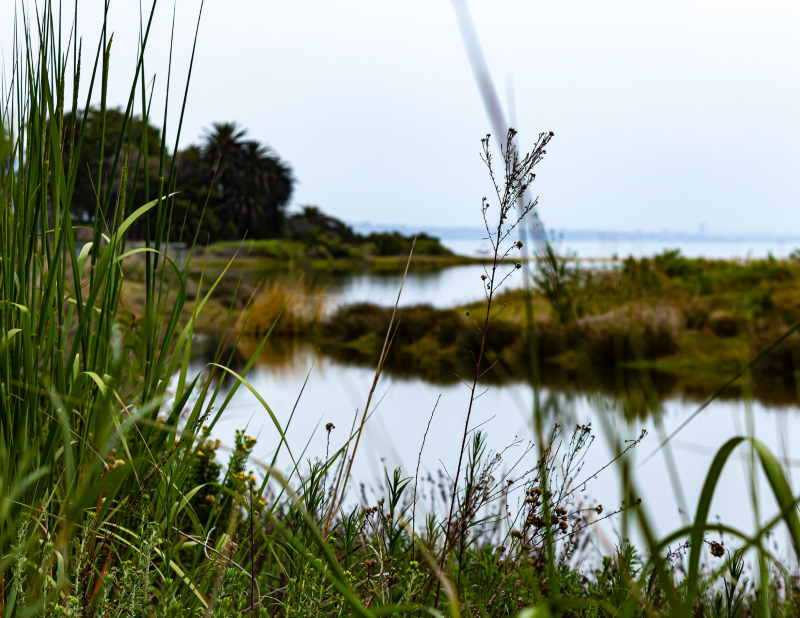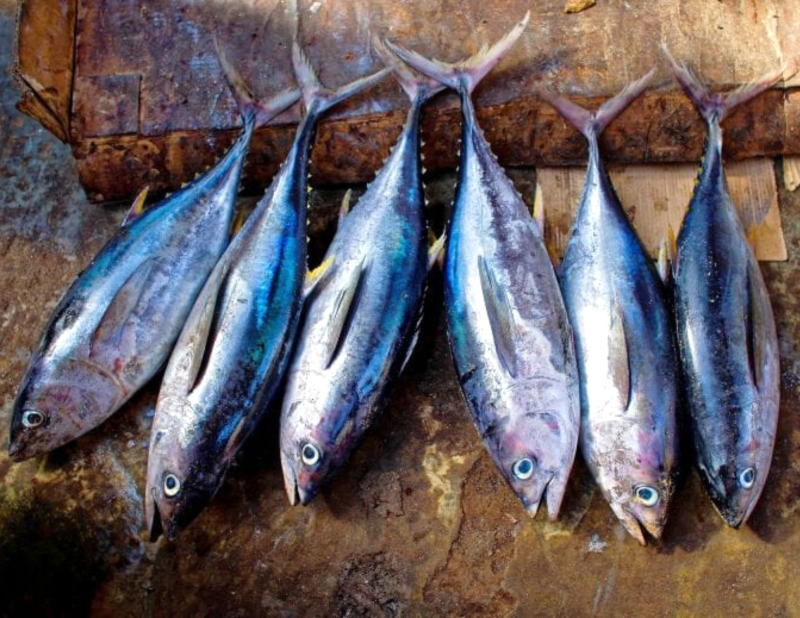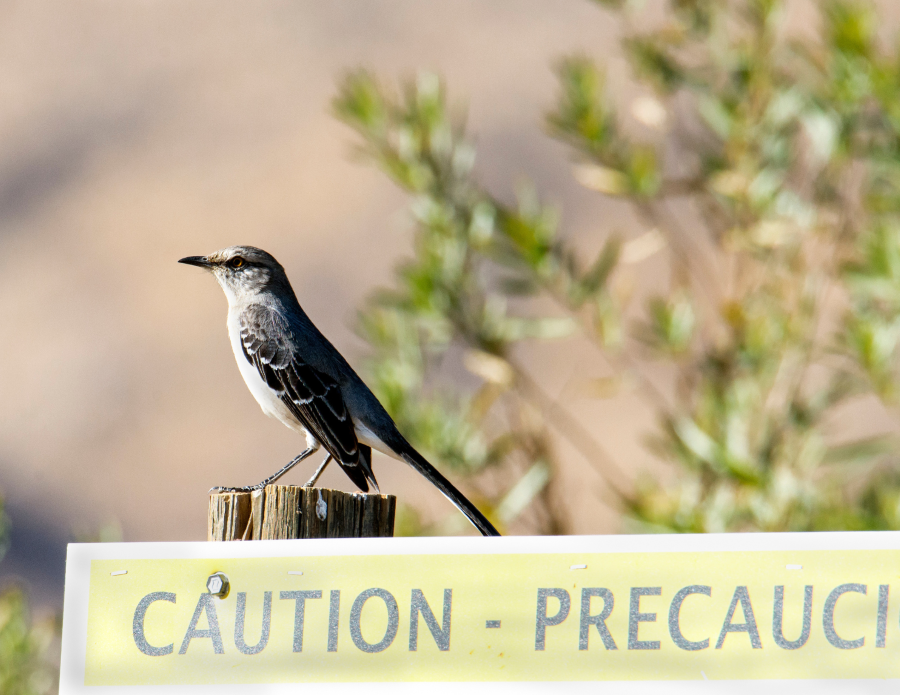Developing a Framework for Valuing Carbon Sequestration in San Diego’s Natural Lands
IEMM collaborates on multiple ongoing projects in an effort to develop a framework for carbon sequestration in San Diego County.
We're investigating how restoring natural and working lands, which cover almost half of San Diego County, can help achieve our goals for reducing greenhouse gases (GHG).
This work supports California’s climate policy portfolio, which includes a robust GHG reduction strategy. Within this strategy, prioritizing nature-based solutions that capture carbon by preserving and managing natural and working lands is a top priority.
Our focal initiatives include:
-
an assessment of available information on sequestration rates for vegetation communities in the region
-
the Connecting Wildlands and Communities (CWC) project, which explores the many benefits of integrating natural land conservation considerations into land-use planning to reduce climate impacts and enhance community and ecosystem resilience
-
integration of the information we learn from our carbon sequestration assessment and CWC’s ongoing efforts to enhance our understanding of chaparral carbon dynamics and inform land-use planning and carbon offset considerations
Learn more about this project
Final Report: Carbon Valuation in San Diego's Natural Landscapes
Valuing Carbon Sequestration in Natural Landscapes Two-Pager

More Climate Adaptation Science Projects

This project aims to enhance our understanding of the challenges facing Southern California's montane forests due to escalating threats worsened by climate change. Through multi-jurisdictional collaboration, we are identifying strategies to bolster forest resilience.







